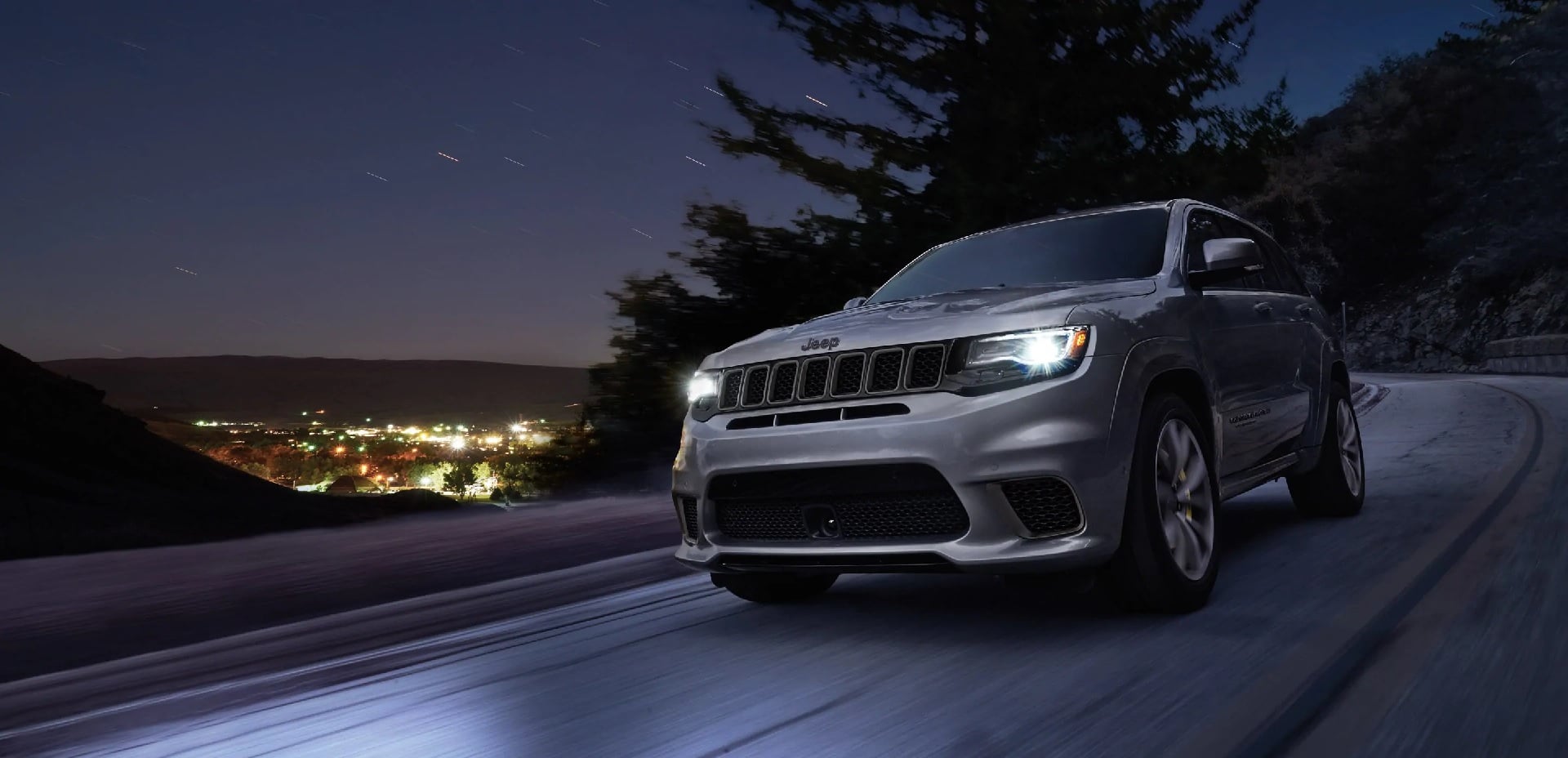Ensuring your brake pads are in good working condition, and replacing them at the right time, won’t just save your money in the long run, it can also possibly save your vehicle, or even your life in an accident. But the question is, what is the right time to replace your brake pads? What are brake pads for? To know in detail, let’s take a look at the how, what, and why of replacing brake pads on your vehicle.
Just as your gas mileage will differ based on where and how you drive, so does the life of brake pads, the friction material that gets pushed against a metal disc to stop/control your vehicle. A lot of factors are involved in defining the lifetime of your brake pads.
Whenever you feel that your Jeep’s brake pads are working inappropriate, visit PPS Jeep, an authorized dealer to get them fixed or visit your nearest Jeep service center in Bangalore. It is sure to offer you the best repair/overhauling services at genuine pricing.
Reason for Brakes Squealing?
If you drive only 8,000 miles a year but it’s mainly in a crowded urban area such as Hyderabad, Mumbai, and Bangalore in India, you will need to replace brake pads or shoes more often than someone who drives 28,000 miles a year across the flatlands of Andhra Pradesh. It is most obvious that you use your brakes a lot more on the urban roads than on a rural highway.
Inopportunely, there is no certain schedule that recommends the right time to replace the brakes, so you must rely on your ears and the advice of an experienced mechanic. Many vehicles should have their tires rotated at least once in every six months. A professional technician can check the thickness of the pads and the state of the calipers or drum hardware to detect wear.
Several cars have built-in wear sensors that jam against a brake disc when the pads require replacing. The driver will hear an irritating screeching sound on applying the brakes. Some cars integrate electronic wear indicators that make the driver aware with a dashboard warning if the pads reach least possible thickness, but this feature typically comes on exclusive luxury cars and it’s better to depend on on regular brake maintenance checkups than to assume the car has your back.
Those sensors aren’t on every vehicle or necessarily at every wheel, so drivers should listen for squeaking, squealing, metal-on-metal grinding (often a sign that brake pads are entirely gone) and other noises that indicate wear. Some minor noises can be eliminated by cleaning the brakes, but persistent, prominent noises usually mean parts are worn.
If the brake pedal thuds under light or sensible braking, it could reflect wear or a damaged disc. If the steering wheel jerks or the car pulls to one side or the other during braking, you may have a worn or otherwise conceded front pad.
Other signs while driving include longer stopping distances and improper braking, i.e., when you apply the brakes your foot goes down farther, closer to the floor. Because brake linings wear gradually, you may not notice the inefficiency in performance, so that’s where the experienced eye of a mechanic can help.
Many cars have a brake warning light that turns on for a few seconds every time you start your car. If it turns on whilst driving, that possibly means your brake system is low on fluid because of a leak or a problem with the brake master cylinder. Remember that this may or may not be the same warning light related to the parking brake, and it’s not the same light that appears if you lose ABS functionality.
Well, as brake pads are a crucial in every journey of yours, you are advised to be cautious when you hear any abnormal sounds or find something unusual. In such cases it always recommended to take your Jeep to the best authorized service center such as PPS Jeep and get the problems fixed. They not only deal with minor repairs but also provide the best services in working on major overhauling.

